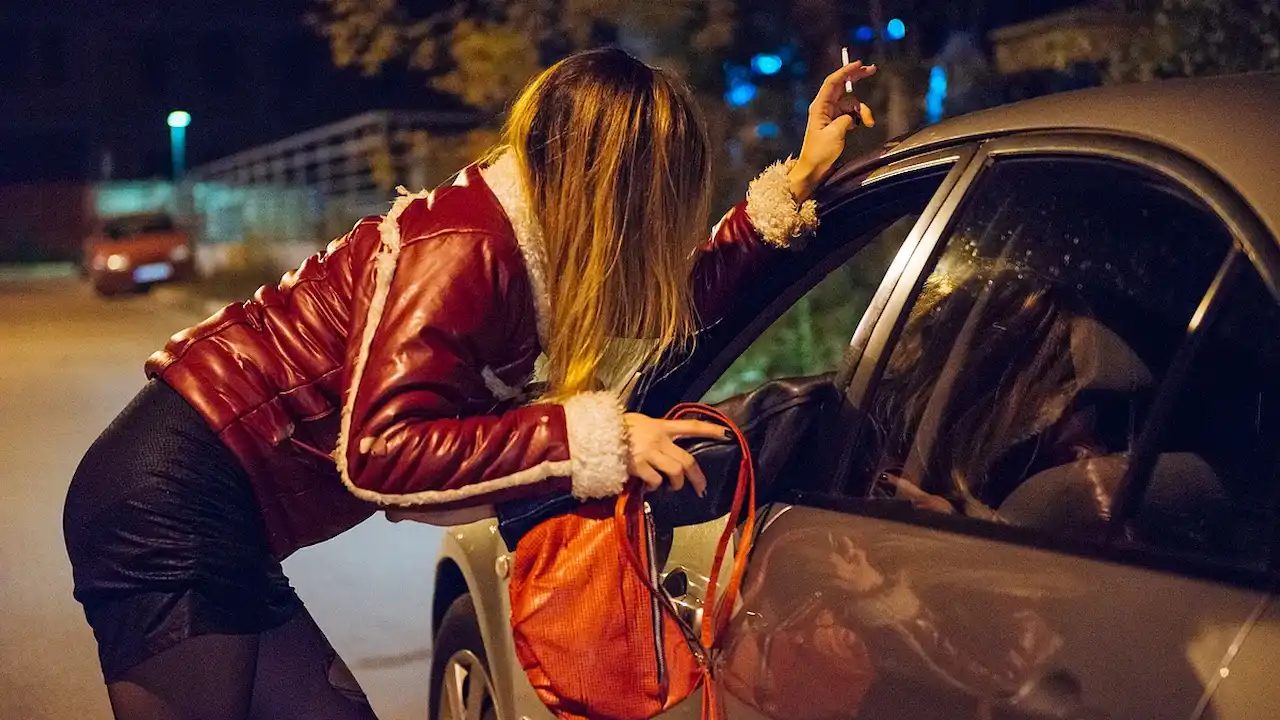Dubai is a city known for its strict regulations and polished image. Yet, beneath the surface of towering skyscrapers and world-class attractions, there is a less visible side of the city—a discreet, underground nightlife that many locals and a few informed visitors are aware of. Places like Deira Baniyas Square and Hamdan Square have become the premier red-light areas. This is an attempt to examine how Dubai’s hidden nightlife has evolved, what drives its discreet operations, and the careful balance maintained between tradition, law, and modern indulgence.
A Historical Perspective
Dubai’s transformation over the past few decades—from a modest trading hub to a global centre of commerce—has been nothing short of remarkable. With rapid economic growth came a surge in tourism and international business. As the city opened its doors to the world, it also began to experience the influence of Western nightlife cultures. However, in a city where cultural norms and legal restrictions heavily guide public behaviour, any form of nightlife has to adapt to local sensitivities.
Unlike cities with well-known red-light districts, Dubai’s approach has always been discreet. Publicly, the focus is on luxury and family-friendly attractions. Behind closed doors, however, a network of private venues and invitation-only events has quietly developed, offering an alternative form of urban entertainment that operates within the boundaries of the law.
Legal Boundaries and Cultural Realities
Dubai enforces strict laws regarding public decency and behavior. Activities that might be commonplace in other cities, such as overt displays of sexuality or publicly managed red-light areas, are not part of Dubai’s landscape. Prostitution and related activities are illegal, and authorities take these laws very seriously. As a result, any form of nightlife that might seem to push boundaries must operate within a narrow legal framework.
The venues that form the backbone of Dubai’s underground nightlife tend to emphasize privacy and exclusivity. This discreetness is not only a legal necessity—it’s also part of the local culture. In a city where public image is paramount, many residents prefer to enjoy their leisure time away from prying eyes, whether they are residents or visitors. The result is an environment that is both highly controlled and quietly enticing.
Inside the World of Private Venues
Many of Dubai’s hidden nightlife spots are not advertised openly. Instead, they rely on word-of-mouth and personal connections. These venues range from high-end private clubs to exclusive gatherings in off-the-beaten-path locations. What they have in common is an emphasis on safety, privacy, and a high standard of service.
In more recent times, venues like the Cyclone Club, located near Dubai International Airport, gained notoriety. Before its closure in 2007, the Cyclone was colloquially known as the “United Nations of prostitution,” reportedly hosting up to 500 prostitutes on an average night from countries such as China, Azerbaijan, Kazakhstan, Russia, and Ukraine. Following its closure, reports suggest that similar operations emerged in other locations within the city.
Balancing Tradition and Modernity
Dubai’s approach to its hidden nightlife reflects a broader trend seen in many parts of the Middle East—a careful balancing act between traditional values and modern lifestyles. On the one hand, the city upholds a strict adherence to its cultural and religious norms. On the other, it is home to a dynamic, globally influenced population that values innovation and personal freedom.
This tension is visible in the way nightlife has evolved in Dubai. Establishments catering to more adventurous tastes are designed to be discreet not only to comply with local regulations but also to respect the cultural framework of the society they operate within. The result is a type of nightlife that is more about refined personal expression than about overt defiance of societal norms.
A Closer Look at the Underground Economy
The underground nature of Dubai’s nightlife also means that many of these venues operate on an informal basis. Without public advertising or official recognition, they exist in a grey area that is known mainly to insiders. Despite this, there is a growing body of evidence that suggests these private venues are making a significant contribution to the local economy.
For many entrepreneurs and service providers, these venues represent a niche market. They are often run by individuals who have found a way to blend modern business practices with traditional values. By focusing on quality and discretion, they cater to a clientele that is looking for a unique experience—a space where they can enjoy a night out without compromising their personal or professional reputations.
Social Perceptions and the Reality on the Ground
Public perception of Dubai’s hidden nightlife can be mixed. While some see it as an unavoidable part of modern urban life, others view it with suspicion. For many, the very idea of a hidden nightlife in a city as orderly as Dubai seems contradictory. However, those who have experienced these private gatherings often speak about them in pragmatic terms. They emphasize the professionalism of the venues, the strict adherence to privacy, and the overall quality of the experience.
Also read: Best Guest-Friendly Hotels in Dubai

